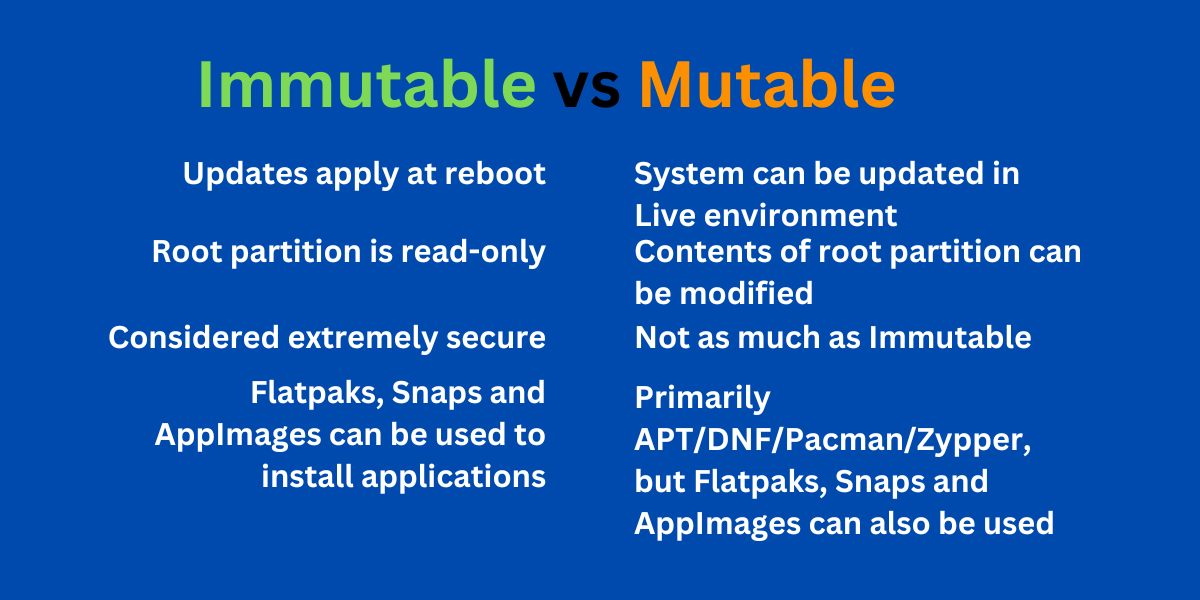this post was submitted on 13 Jan 2025
364 points (94.0% liked)
Linux
59495 readers
902 users here now
From Wikipedia, the free encyclopedia
Linux is a family of open source Unix-like operating systems based on the Linux kernel, an operating system kernel first released on September 17, 1991 by Linus Torvalds. Linux is typically packaged in a Linux distribution (or distro for short).
Distributions include the Linux kernel and supporting system software and libraries, many of which are provided by the GNU Project. Many Linux distributions use the word "Linux" in their name, but the Free Software Foundation uses the name GNU/Linux to emphasize the importance of GNU software, causing some controversy.
Rules
- Posts must be relevant to operating systems running the Linux kernel. GNU/Linux or otherwise.
- No misinformation
- No NSFW content
- No hate speech, bigotry, etc
Related Communities
Community icon by Alpár-Etele Méder, licensed under CC BY 3.0
founded 6 years ago
MODERATORS
you are viewing a single comment's thread
view the rest of the comments
view the rest of the comments

Everyone has their own opinion, personally I think they're a great idea and have lots of great applications. But just like rolling vs non-rolling release it's a personal and application dependant choice.
Again, depends, for my personal computer I wouldn't use it because I think it could get complicated to get specific things to work, but for closed hardware like the Deck or even a fairly stable desktop used as a gaming system it's perfect.
It could, it can also hamper it because people might start to try solutions that only work until next boot and not understanding why, or having problems getting some special hardware to work (more than it would be a mutable distro). But there is a great counter to this which is that once it's running it will be very difficult to break by user error.
At the end of the day I think it's a cool technology but that people should know what they're getting into, just like when choosing rolling vs non-rolling distro, it's not about what's better, but what suits your needs best.